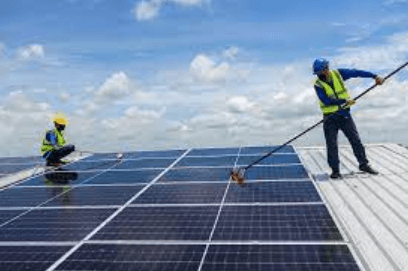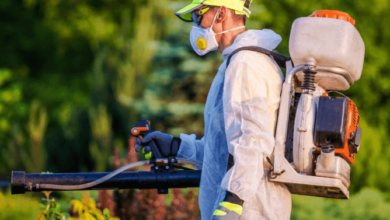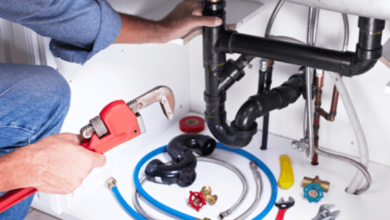Navigating Solar Panel Maintenance: The Impact of Location, Weather, and System Components

Solar panels represent a significant advancement in harnessing renewable energy, offering environmental and economic benefits. However, like any technological solution, they require maintenance to ensure optimal performance and longevity. Several factors, including location, weather conditions, and the specifics of the system itself, determine the frequency and type of solar panels repairs needed. Understanding these variables can help effectively manage and maintain a solar energy system.
Influence of Location on Solar Panel Performance
The geographical location of a solar panel installation significantly affects its maintenance needs. Areas with high pollution levels can be the reason for the accumulation of dust and other particulates on the panels, which can obstruct sunlight and diminish efficiency. Urban environments may also expose solar panels to smoke and smog, necessitating more frequent cleaning to maintain optimal operation. Conversely, installations in coastal regions face the challenge of salt mist corrosion, which can damage the panels and their metallic frames over time. Each location has challenges, guiding the need for tailored maintenance strategies to protect the investment in solar technology.
Weather Conditions: A Determining Factor for Repairs
Weather plays a pivotal role in solar panels’ durability and maintenance requirements. Weather conditions, such as hailstorms, can cause physical damage to the panels, leading to the need for repairs or replacements. High winds can loosen mounting systems or even dislodge panels, while heavy snowfall can add undue weight, risking structural damage. Prolonged exposure to high temperatures can also influence the efficiency of solar cells over time. Regular inspections can help identify and mitigate the impacts of harsh weather conditions, ensuring the system remains robust and reliable.
The Significance of System Components in Maintenance
The specific components of a solar panel system also dictate maintenance needs. For instance, inverters, which convert solar energy into usable electricity, may require more frequent checks and replacements than the panels themselves. The quality and type of solar panel can also influence durability; monocrystalline panels, for example, tend to have a longer lifespan than polycrystalline ones. Wiring and connections are other critical components that require attention, as loose or damaged connections can lead to inefficiencies or safety hazards. Understanding the nuances of each system component can aid in developing a comprehensive maintenance plan.
Regular Monitoring for Early Detection of Issues
Implementing a routine monitoring system is crucial for the early detection of potential issues. This process can reduce the need for extensive repairs by identifying minor problems before they escalate. Monitoring can be as simple as visual inspections for physical damage or as sophisticated as using remote monitoring technology to track performance and detect anomalies in energy output. Regular check-ups help maintain the system’s efficiency and can extend the lifespan of the solar panels.
Read also: Mastering Grader Blades: Essential Tips for Optimal Performance
The Role of Warranty and Insurance in Maintenance
Warranties and insurance policies play a significant role in managing the maintenance and repair of solar panel systems. Manufacturers typically offer warranties that cover defects and efficiency guarantees for the panels, while inverters and other components may have separate warranties. Understanding the coverage and limitations of these warranties and insurance policies is crucial in planning maintenance and repairs, ensuring system owners are not caught off guard by unexpected costs.
In conclusion, maintaining a solar panel system requires a nuanced understanding of the elements that impact its performance and durability. Location, weather conditions, and the specifics of the system itself are critical elements that dictate the maintenance and needs of solar panels repairs. By recognising these influences and adopting a proactive approach to maintenance, system owners can ensure their solar panels continue to operate efficiently, maximising the return on their renewable energy investment.




